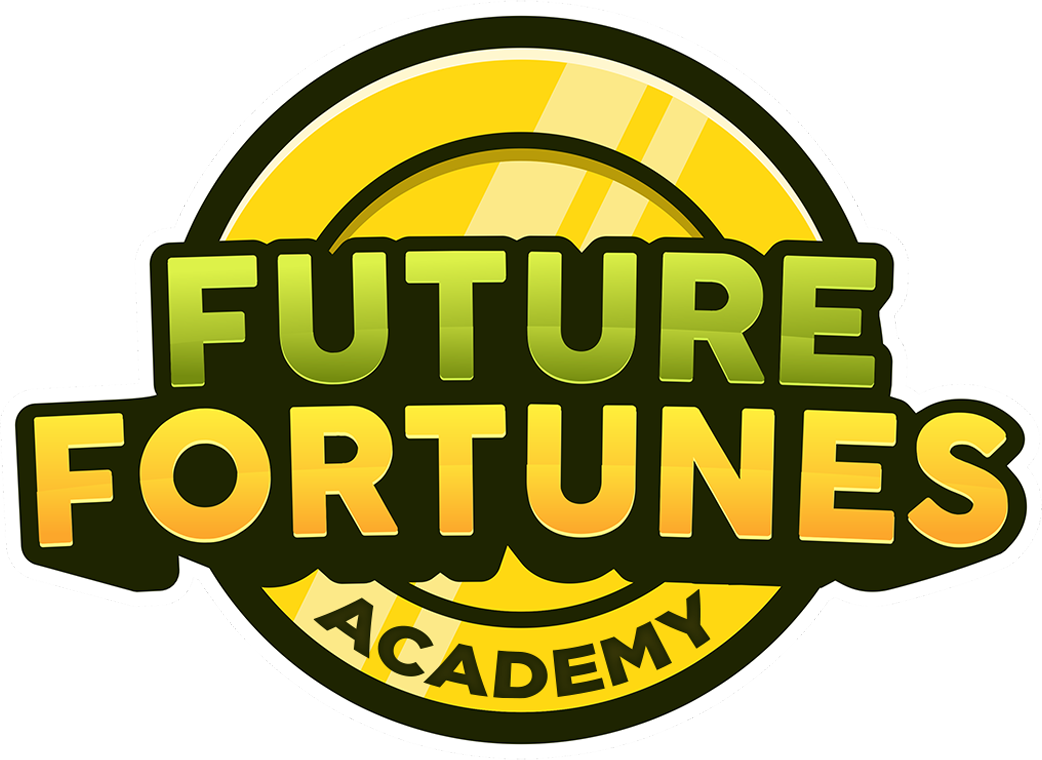Why Financial Literacy for Kids Is a Game-Changer
Every parent dreams of giving their children the best possible start in life. We plan schools, meals, programs, and neighbourhoods—but often overlook one of the most powerful advantages: financial literacy.
The proof of its impact is undeniable. A child who learns how money works—saving, spending, investing, borrowing—steps into adulthood with an entirely different mindset. They carry skills that shape careers, relationships, and lifelong stability.
This article explores what really happens when children learn financial literacy early, and why it’s one of the greatest gifts you can give them.
Early Awareness Builds Confidence, Not Fear
For many adults, money is a source of stress. Debt, credit cards, student loans—it can feel overwhelming. That’s because most of us were never taught the basics as children.
Imagine instead a child growing up confident with money—understanding budgets, needs vs. wants, and how interest works. When kids are financially literate, they view money as a tool they can manage and grow. By their teens, they make smarter spending decisions and resist peer pressure to “keep up.”
Delayed Gratification Becomes Second Nature
One of the strongest predictors of long-term success is the ability to delay gratification. Financial literacy teaches kids that saving isn’t about deprivation—it’s about empowerment. They experience the satisfaction of reaching goals through discipline and patience.
Later in life, that skill becomes the backbone of responsible credit use, retirement planning, and investing habits. Kids who master delayed gratification early often become adults who thrive financially.
The Ripple Effect on Academic and Career Success
Financial literacy isn’t just about money. Studies show financially literate kids tend to be better problem-solvers, planners, and critical thinkers. Managing allowance or part-time income teaches project management and accountability—skills employers value highly.
Breaking the Cycle: Generational Wealth and Stability
Financial illiteracy is cyclical. Parents who struggle with money often pass those patterns to their kids. But when children learn budgeting, saving, and debt management, they break that cycle—creating stability that benefits future generations.
They grow into adults who build emergency funds, invest wisely, and raise children in financially healthy homes.
Real-Life Outcomes: What Financially Literate Kids Grow Into
- Reduced Debt Later in Life: They avoid high-interest credit traps.
- Early Investors: They understand compound growth and start early.
- Entrepreneurial Thinking: They explore creative income ideas young.
- Stronger Relationships: Healthy financial habits reduce future conflict.
- Community Impact: Financially secure adults give back and uplift others.
The Emotional Payoff: More Than Just Dollars
Teaching kids about money builds emotional security. They grow up feeling less anxious, more hopeful, and resilient. Financial literacy isn’t just a math skill—it’s emotional armor for life’s uncertainties.
How to Start Teaching Kids Financial Literacy
You don’t need to be a financial expert—just start early and make it part of daily life.
- Involve them in simple family budgeting.
- Use allowances to teach save-spend-give categories.
- Play money games that make concepts fun.
- Encourage savings goals with small rewards.
- Be transparent about household money decisions.
A Call to Action for Every Parent and Mentor
Confidence. Discipline. Resilience. Stronger careers and relationships—all stem from one critical, teachable skill: financial literacy.
We wouldn’t send kids into adulthood without reading or writing. Why send them out financially unprepared?
Start Today:
- Normalize Money Conversations: Talk openly about saving and spending.
- Give Hands-On Practice: Let kids budget real money.
- Model Healthy Habits: Save and plan where they can see you.
- Invest in Resources: Use books, games, and programs like Future Fortunes Academy.
- Make It a Priority: Treat financial literacy as essential as academics.
Teaching your children about money doesn’t just prepare them for adulthood—it can change the trajectory of your family for generations. The earlier you start, the stronger the foundation.
Endnotes
Lusardi, A. & Mitchell, O. (2014). The Economic Importance of Financial Literacy. Journal of Economic Literature.
OECD (2022). Financial Literacy Framework for PISA 2022.
University of Cambridge (2013). Habit Formation and Learning in Young Children.
TIAA Institute – GFLEC Personal Finance Index (2020–2024).
American Psychological Association. Stress in America Survey.
Jump$tart Coalition. National Standards in K-12 Personal Finance Education.
Marsh, B. (2016). The Relationship Between Delayed Gratification and Future Success. Educational Review.
FINRA Investor Education Foundation. National Financial Capability Study.
Canadian Foundation for Economic Education (CFEE). Building Futures in Financial Literacy.
PwC. Millennials and Financial Literacy – The Struggle with Personal Finance.



Share:
I Tried to Go One Day Without Spending Money: Here’s What I Learned
How to Explain Debit & Credit Cards to Your Kids: A Simple Guide